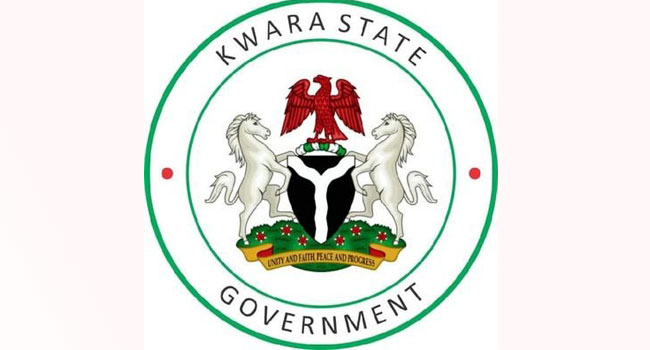The Kwara State government on Wednesday launched the Ilọrin Master City Masterplan and Ilọrin Smart City.
This is coming 48 years after the first master plan for Ilorin.
The satellite cities are located at Ganmo, Agbabiaka, Oke Oyi, Oke Ose, Eyenkorin, Oko Olowo among others in the Ilorin South, Ilorin East and Asa LGAs.
The twin projects, when completed, the government said, are expected to make the Ilọrin city more habitable and compliant with urban planning in the age of climate crisis.
Governor AbdulRahman AbdulRazaq described it as a “legacy for those coming after us”.
Speaking at the launch in Ilọrin, AbdulRazaq said the first phase of the ambitious smart city covers 11,000 hectares with an estimated N1.72tr funding requirements from public private investments between now (2024) and 2027.
He said to achieve the vision, sacrifices will be made, but they are worth it.
According to him, the state cannot do it alone but planned to run on the back of public private partnership (PPP).
“While the Ilorin City Master Plan has been designed to guide how we live sustainably for the next 40 years, the Smart City is our innovative response to the multidimensional challenges of urban living that now confront Ilorin, including congestion and the associated pressures it brings on the existing infrastructure.
“Designed to host 540,000 residents, the Smart City is a nine-residential district city that is built in compliance with the United Nations prescriptions for urban living. Comprising a business district, an enterprise zone, industrial park, and three commercial districts, among others.
“The city spans 20,000 hectares and features 15% green space provisioning and 50 square metres of green space per individual,” he added.
AbdulRazaq, who is also the chairman of the Nigeria Governors Forum (NGF), submitted that “As at this morning, the United Nations World Population Prospects put Ilorin as the third most populous metro area in the entire northern Nigeria, preceded only by Kaduna and Kano in the ascending order.
“Ilorin, according to this data, has had a population growth rate of between 2.53 per cent in 2020 and 3.3 per cent in 2024.”
According to him, “The statistics above are not just mere figures, they have dire consequences for how we live and survive. Population growth has far-reaching social consequences in the area of infrastructural risk, health risk and security risks, among others. We are damned if we do not plan for it.”

 Join Daily Trust WhatsApp Community For Quick Access To News and Happenings Around You.
Join Daily Trust WhatsApp Community For Quick Access To News and Happenings Around You.


